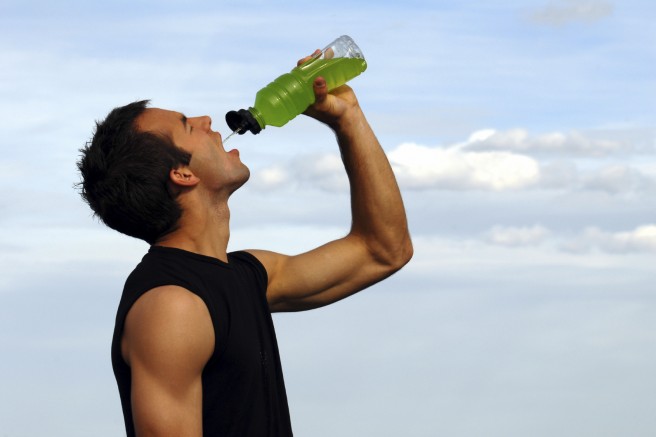Beverage consumption habits around the world: association with total water and energy intakes.
Fluid intake has barely been assessed, and hydration status has only rarely been measured in epidemiological studies. This hampers attempts to assess the adequacy of water intake at a population level. However, although guidelines have been established to determine how much water humans require to avoid dehydration and to optimize physical and psychological function, limited data are available on the total water and beverages intake. Therefore, the percentage of population with inadequate water intake is unknown. There is a clear need for studies in different settings around the world that quantify total water and beverage intake and explore associations between types of beverages consumed and energy intake.
The objective of this proposed Special Issue is to publish papers detailing the analyses of nutritional databases regarding the consumption of adequate amounts of total water. It is important to obtain information about how beverage consumption varies with age, gender, the day of the week, and time of day, and how this is related to total water intake.
Also, if it is possible, we welcome an evaluation of the association between socio-economical level and beverages consumed, and an analysis of whether the variety of beverages consumed is a positive predictor of total water intake. Furthermore, we would be interested in analyses as to how much and in what proportion the energy from beverages contributes to dietary patterns, if they exist, in the countries around the world.
It is very important to know the diversity of methodology used in the quantitative assessment of beverages consumption, the seasonal variability and all the details that the results of the studies show.
The key idea is to accomplish, through this special issue, a picture of the real water intake in the world in relation to the current guidelines in order to promote adequate fluid consumption in humans.
Dr. Lluis Serra-Majem
Dr. Mariela Nissensohn
